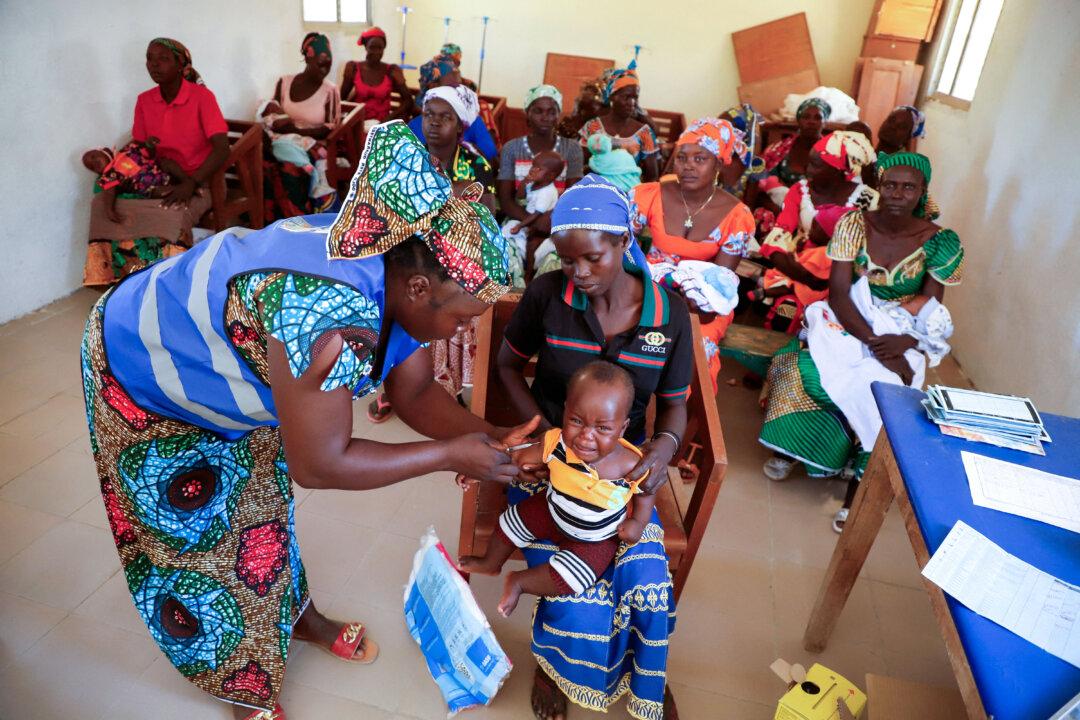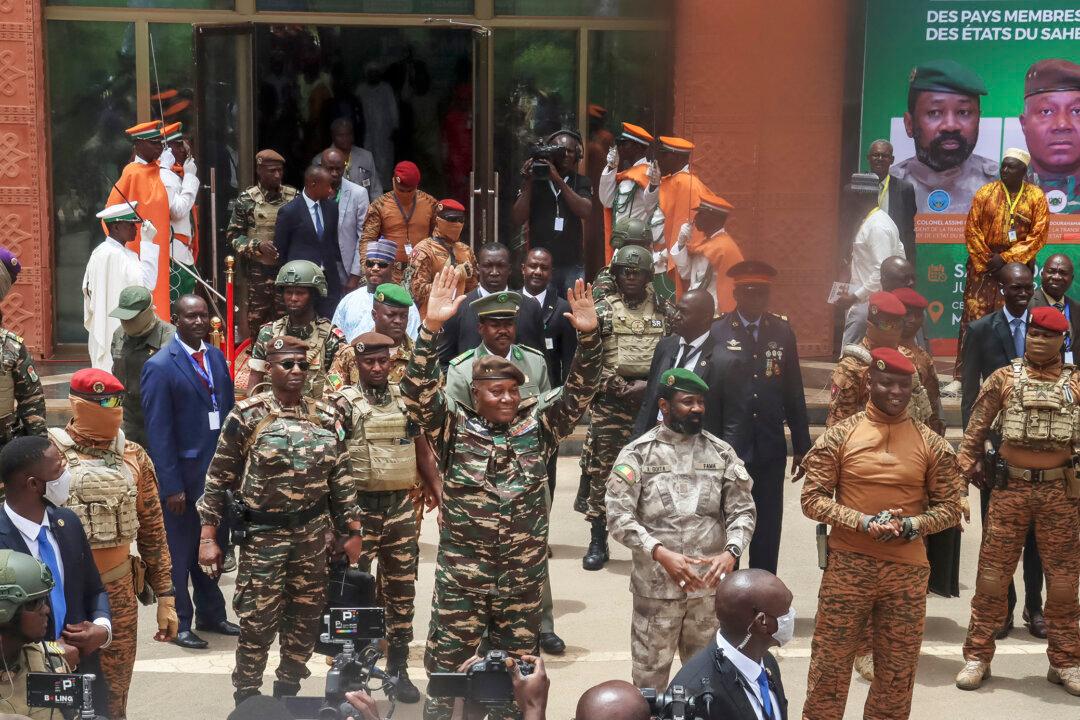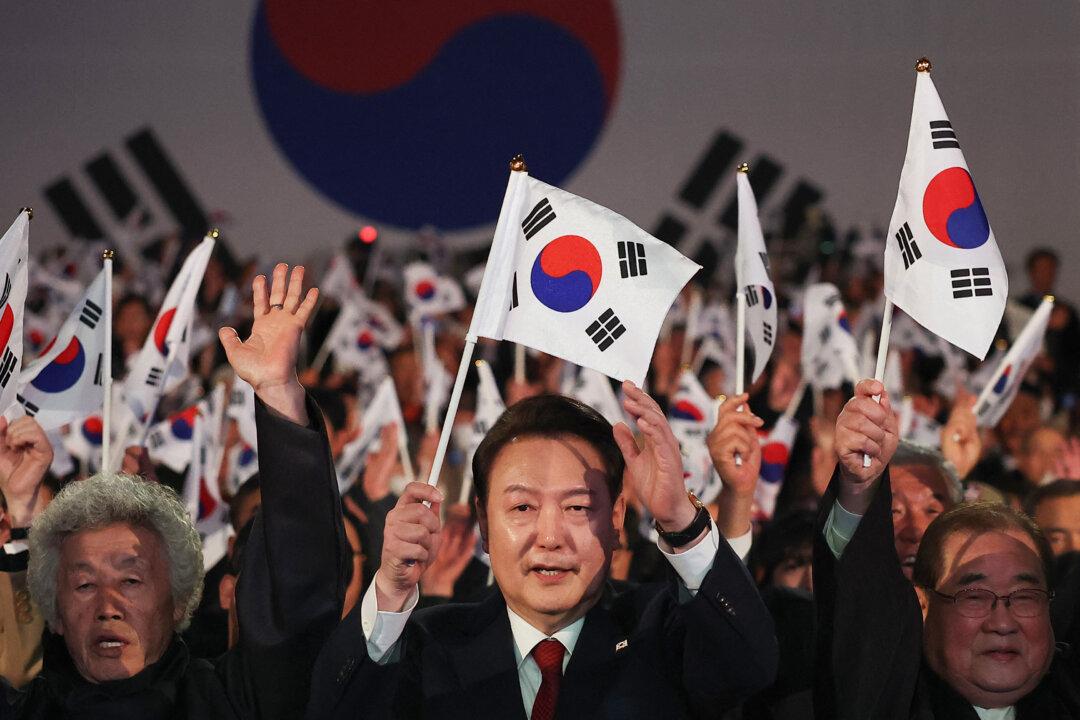Mali’s military junta on Sept. 25 stated that presidential elections initially scheduled for February 2024—meant to return Mali to constitutional rule after military coups in August 2020 and May 2021—have been postponed to an unspecified date.
The junta stated that the decision to delay the vote was due to several factors, including a dispute with a French firm over a civil registry database.





